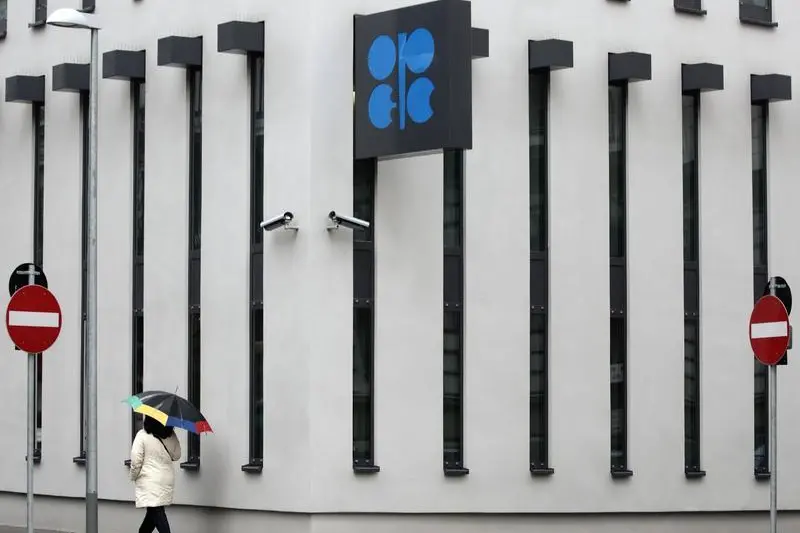PHOTO
The massive output cuts from energy alliance OPEC + will likely cause oil prices and inflation levels to rise, analysts have said.
Members of the Organisation of the Petroleum Exporting Countries (OPEC) and their allies agreed to reduce the amount of oil they pump into the global economy by two million barrels per day (bpd), the largest reduction since April 2020.
The oil producers, considered some of the most powerful in the world, agreed to impose the cuts starting next month to shore up oil prices, despite calls from the US to pump more to help the global economy.
The decision will impact the cost of living in general but at the same time boost the GCC economies, according to Raghu Mandagolathur, CEO of Marmore Intelligence, a subsidiary of Kuwait Financial Centre (Markaz).
"The output cuts... will stem the slide in oil prices witnessed in recent months and keep them at high double digits," Raghu tod Zawya.
"This will be detrimental from an inflation perspective for developed economies, as their central banks have already been aggressively raising interest rates to curb inflation."
The upside is that Gulf states could see higher incomes and fuel their economies.
"(Oil) prices will remain higher for longer... Oil inventories across the globe are currently low, which could see sustained demand for oil in the short tetm. However, as several economies continue to face rising inflation, demand is expected to slow down in the medium term," Raghu said.
Oil prices
Oil prices edged up 1% on Thursday after OPEC + revealed the production cuts. Brent crude futures were at $94.42 per barrel, rising 1.1%, while US West Texas Intermediate (WTI) crude futures stood at $88.45 per barrel, up 0.8% from the previous day.
According to Jorge Leon, Senior Vice President at Rystad Energy, the price of Brent crude could hit $100 a barrel as a result of the output cuts.
"Higher oil prices will inevitably add to the inflation headache that global central banks are fighting, and higher oil prices will factor into the calculus of further increasing interest rates," Leon said in a note.
However, the impact will depend on the actual output cuts the oil-producing countries will eventually deliver.
And besides oil prices, rising inflation and interest rates, there are also concerns about a recession in Europe and Asian oil demand to take into account.
"The cut number is one thing, but the real cut implied by that will become even more important. Within that, what matters is how much production is Saudi Arabia, Kuwait and UAE are prepared to give up," said Dave Ernsberger, Global Head of Commodities, S&P Commodities Insights.
As for the European recession, Ernsberger said the matter is linked to natural gas prices rather than oil. And as to whether oil demand from Asia will expand or not, he said this is something outside the control of the energy alliance.
(Reporting by Cleofe Maceda; editing by Seban Scaria)





















